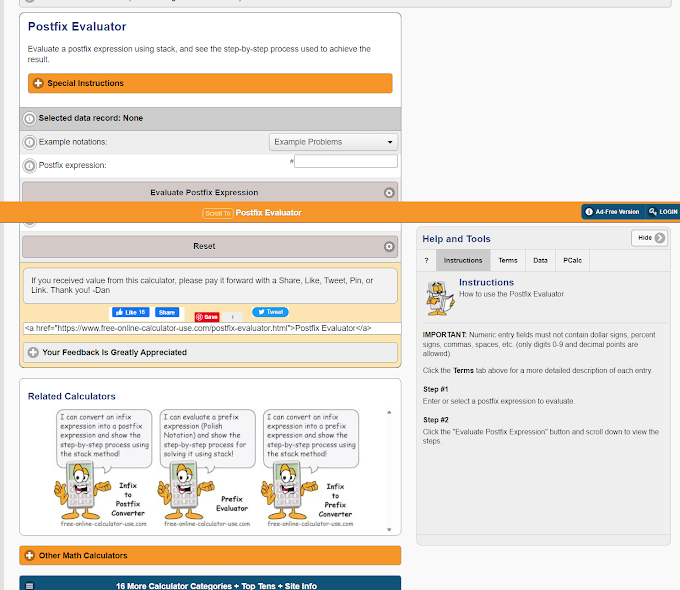Growing your own vegetables at home can be a rewarding and satisfying experience. Not only does it allow you to have a constant supply of fresh produce, but it can also save you money and reduce your carbon footprint. Here are some tips for growing your own vegetables at home:
Choose the right location: Make sure to choose a spot in your yard that gets plenty of sunlight and has good drainage. Most vegetables need at least 6 hours of direct sunlight per day to grow properly.
Prepare the soil: It's important to start with good quality soil that is well-draining and rich in nutrients. You can add compost or well-rotted manure to improve the soil's fertility.
Select the right plants: Choose vegetables that are well-suited to your climate and soil type. Consider your personal preferences and how much space you have available.
Plant at the right time: Pay attention to the timing of planting to ensure that your vegetables get the best chance to grow. Planting too early or too late can result in poor growth or crop failure.
Water regularly: Water your plants consistently to keep the soil moist, but be careful not to overwater as this can lead to root rot. Use a moisture meter or stick your finger in the soil to check the moisture level.
Fertilize regularly: Feed your plants with a balanced fertilizer to provide them with the nutrients they need to grow. Follow the instructions on the label and avoid over-fertilizing.
By following these tips, you can successfully grow your own vegetables at home and enjoy the taste and benefits of fresh, homegrown produce.




